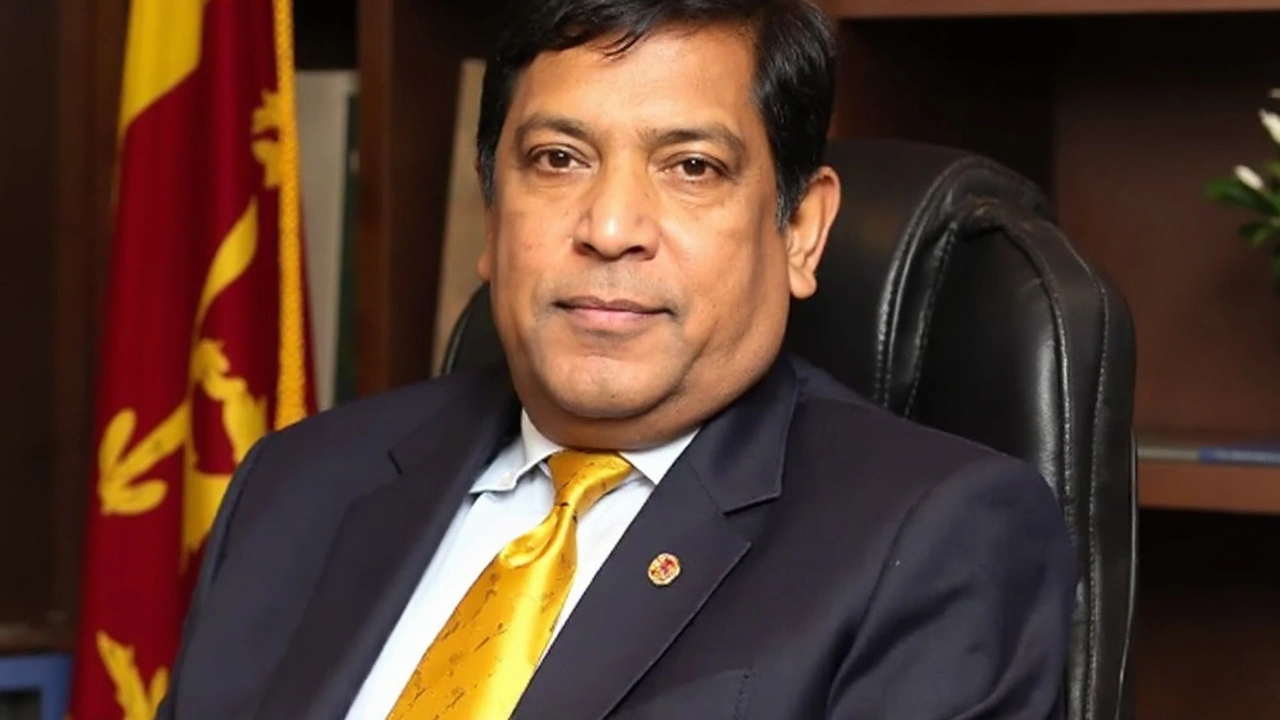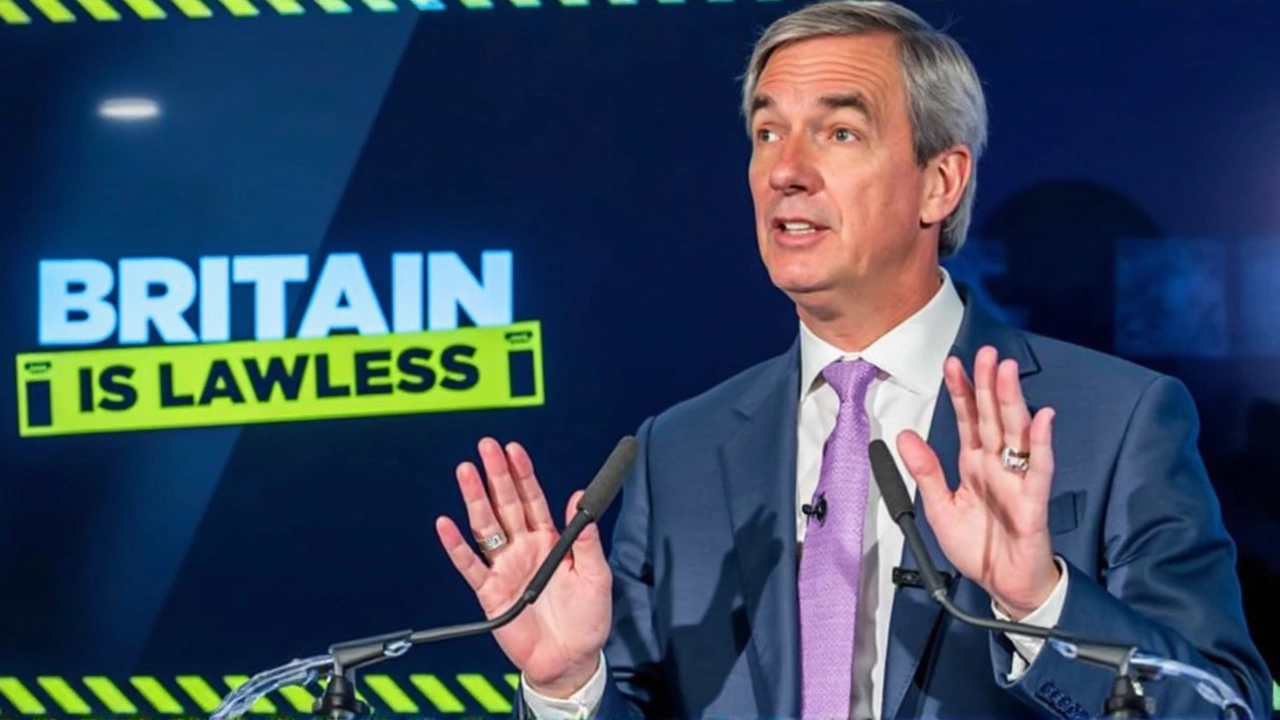Reform UK Targets Online Safety Act in Election Pitch
Reform UK just tossed a grenade into the election debate by vowing to repeal the Online Safety Act, if they get their shot at running the country. At a press conference flanked by Nigel Farage, party leader and self-styled political disruptor, Zia Yusuf didn’t mince words. He slammed the law as 'borderline dystopian,' saying it hands too much power to the state and threatens the heart of free speech in the UK.
The Online Safety Act has been one of the government’s most ambitious—and controversial—steps in digital regulation. The aim? To make tech companies more responsible for what appears on their platforms, whether that’s illegal content or stuff deemed 'harmful.' But ask critics, and they see something else: creeping government control and risks to open discussion online.
Farage and Yusuf have tapped into these worries, making digital freedoms a big part of their policy push. They claim that the Act could set a dangerous precedent, opening the door for government to silence dissent or police unpopular opinions. With every new draft and amendment, opponents become more vocal, seeing threats not just to tech companies but to everyday users who want to speak their mind without looking over their shoulder.

Government and Critics Clash Over Free Speech
Despite Reform UK's bold talk, there’s little sign the current government is backing down. Officials say the Online Safety Act remains essential. Ofcom, the media regulator, is already gearing up to enforce the new rules, focusing on issues like child safety, extremism, and online scams. A government spokesperson brushed aside Reform UK’s call to repeal, saying there are 'no plans' to revisit the legislation.
Still, the Act’s not just making Reform UK uneasy. The Liberal Reform group has put out its own statements against the law, calling for a new duty of care that protects free expression rather than curtails it. They see the Act as too broad, allowing for overreach and the possibility of censorship masked as regulation.
Tech platforms aren't exactly relaxing, either. Many worry about the logistics and potential costs of moderating content at scale, and what happens if they fall short. For smaller players in the market, compliance could mean an endless game of whack-a-mole—and the risk of steep fines.
The deeper issue? The Online Safety Act is becoming a political litmus test for attitudes about privacy, safety, and expression in the digital age. Reform UK sees an opportunity, betting that voters are wary of what they call a 'nanny state' approach to online life. With free speech now a central theme of their campaign, they're positioning themselves as the party to push back against what they see as overbearing regulation. Whether that message grabs enough attention remains to be seen, but the controversy over the Online Safety Act is clearly far from over.
